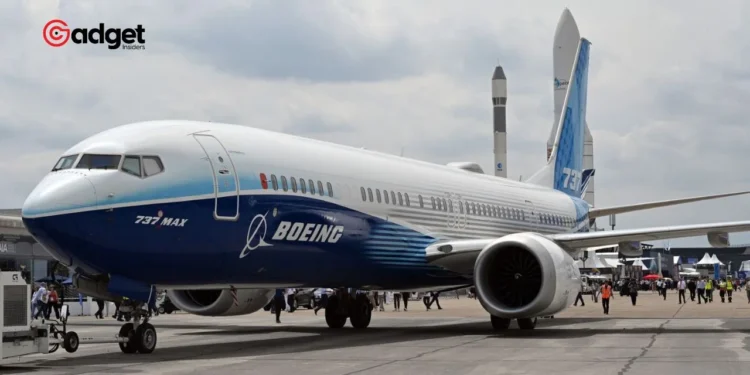In a harrowing episode that aviation enthusiasts and safety regulators are still dissecting, a TUI Airways Boeing 737 experienced a near-disastrous takeoff at Bristol Airport, UK. This incident, described by the Air Accidents Investigation Branch (AAIB) as a “serious incident,” unfolded in March and saw the aircraft barely skim over the runway, reaching a mere 10 feet in height—equivalent to a basketball hoop—as it crossed the runway’s end. The preliminary findings of this ordeal were detailed in a report released by the AAIB on May 30.
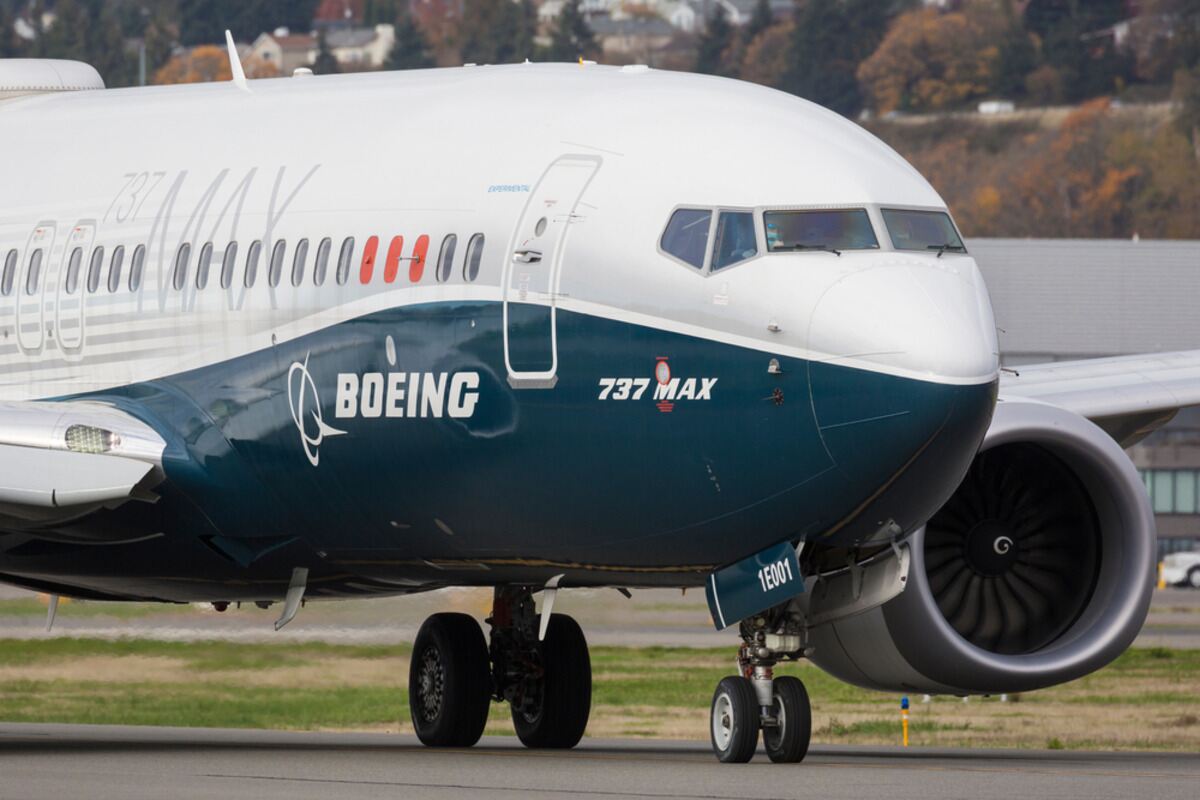
The aircraft didn’t just struggle to gain altitude; it also overflew a major adjacent road at an alarmingly low altitude of less than 100 feet. Such a scenario poses not just a risk to those on board but also to unsuspecting motorists below, turning a routine takeoff into a potential catastrophe.
The Technical Glitch Unveiled
Further investigation into the incident revealed a troubling combination of human error and technological failure. Analysis by TUI indicated that the aircraft accelerated slower than 99.7% of other takeoffs from Bristol. The AAIB report highlighted that the pilots, unbeknownst to them, had set the thrust significantly lower than needed. To compound the problem, the aircraft’s autothrottle disengaged when the pilots selected the takeoff mode, a fault attributed to a known issue with the system.
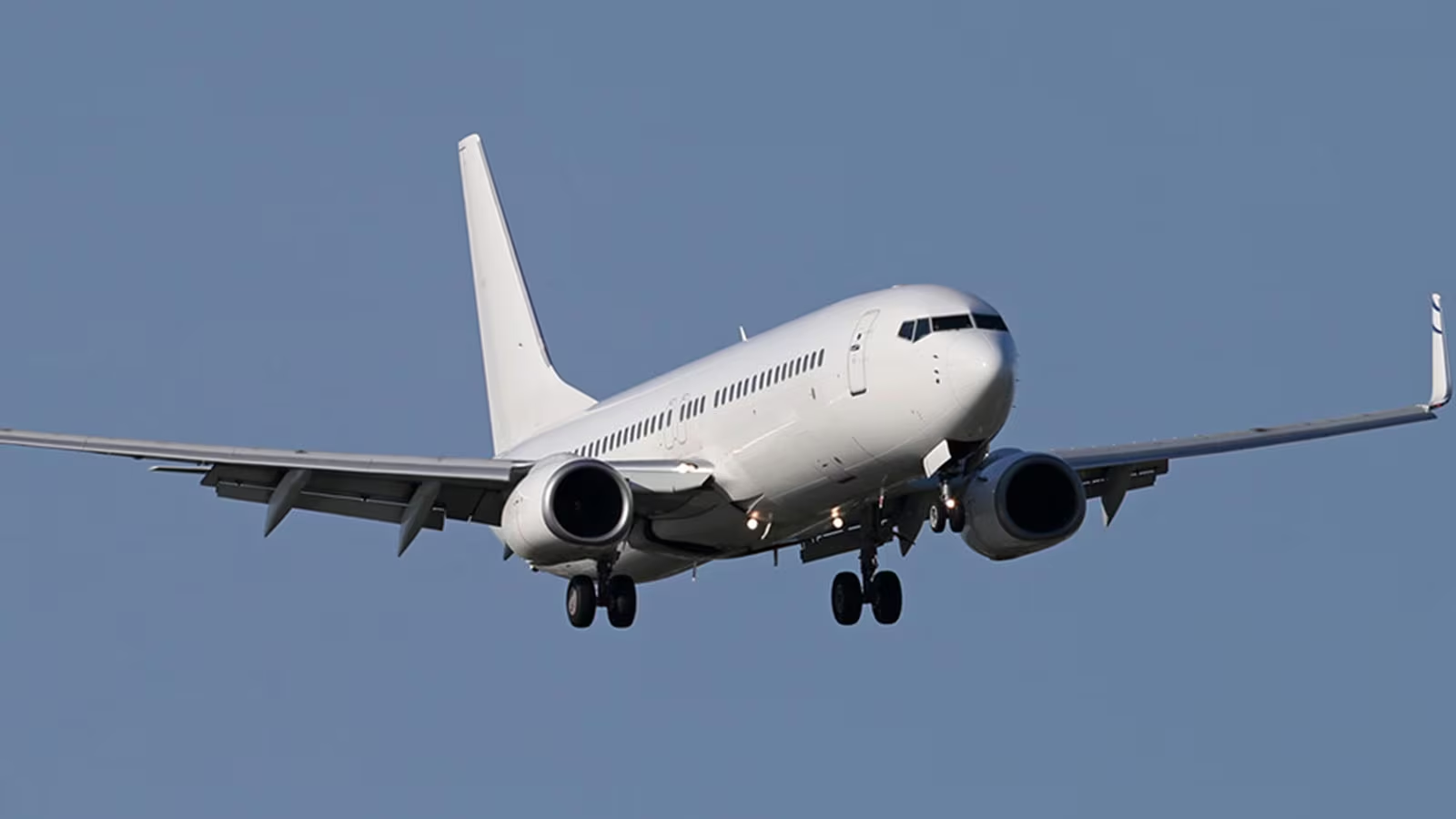
Boeing has acknowledged that the autothrottle system in the 737 has experienced “a long history of nuisance disconnects during takeoff mode engagements.” Notably, the aircraft involved used an older autothrottle model, an issue Boeing had recognized as far back as 2021.
Broader Implications for Boeing
This incident comes at a precarious time for Boeing, which has been navigating through a series of crises. Following the high-profile Alaska Airlines blowout in January involving a 737 Max, the Bristol Airport incident—though involving the earlier generation 737 NG—adds another layer of urgency to Boeing’s ongoing efforts to bolster its safety measures and restore public confidence.
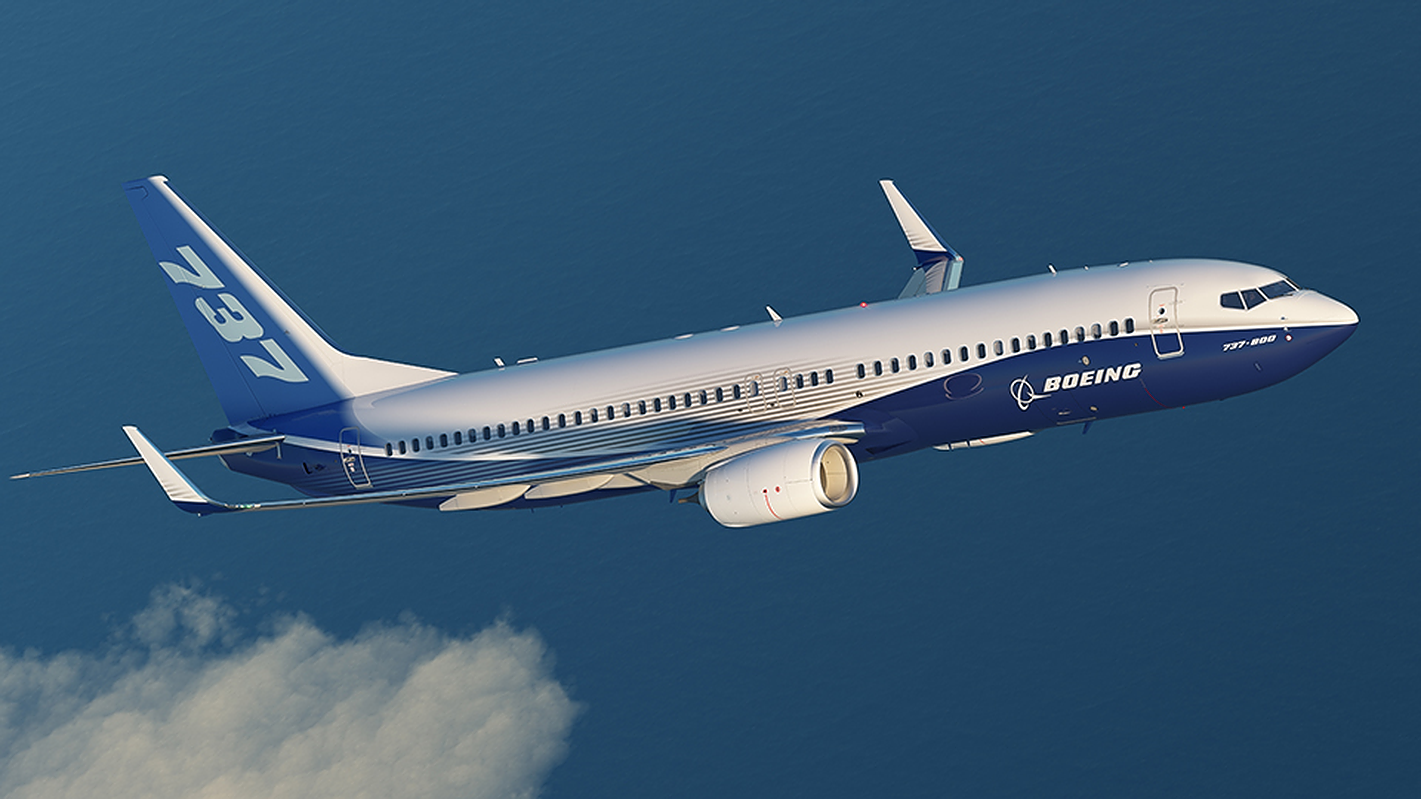
In the wake of the incident, Boeing’s CEO Dave Calhoun announced his resignation, underscoring the magnitude of the challenges facing the aerospace giant. The company, in a statement to Business Insider, emphasized its cooperation with the AAIB, stating, “Boeing is supporting the Air Accidents Investigation Branch with its investigation. As a party to that investigation, we’re not able to comment and will refer you to the AAIB for any information.”
TUI’s Commitment to Safety
On its part, TUI Airways has reiterated its commitment to passenger and crew safety, which remains its “highest priority.” The airline expressed its proactive stance in collaborating with authorities to ensure all relevant data was shared, hopeful that the findings and recommendations from this incident would benefit the wider aviation sector.
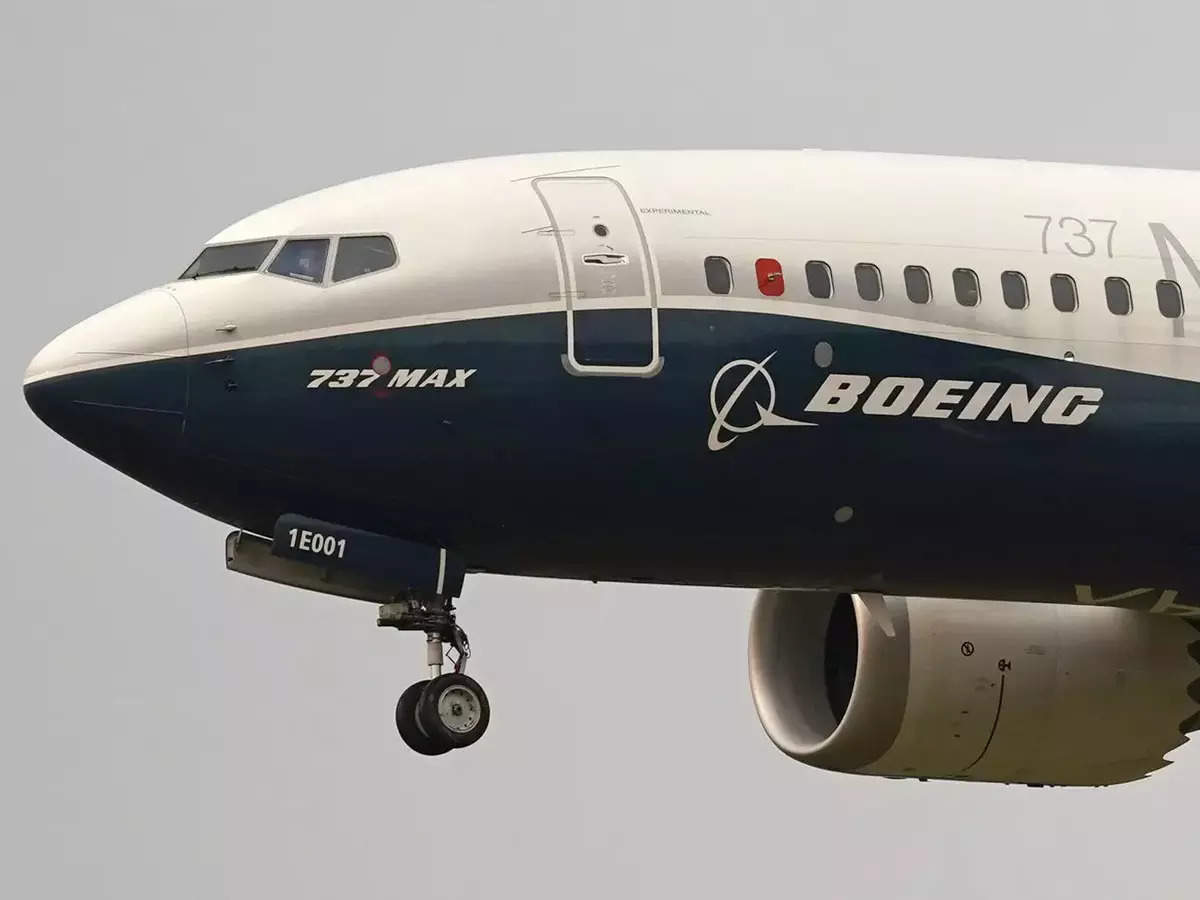
As investigations continue, the incident at Bristol Airport serves as a critical reminder of the thin line between routine operations and potential aviation disasters. It underscores the importance of continual vigilance, technological updates, and rigorous training within the aviation industry to safeguard against the unforeseen and ensure the safety of all air travelers.

